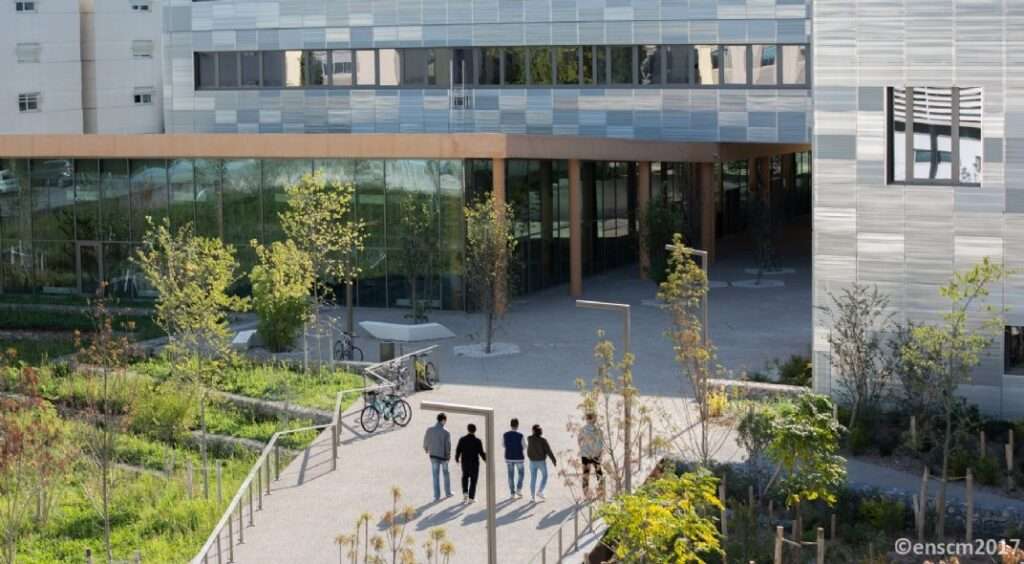Scientific goals
The Institut Desbrest d’Epidémiologie et de Santé Publique (IDESP) aims to understand the development and evolution of chronic diseases which affect 30% of the population and which absorb 80% of healthcare costs. The research unit University of Montpellier – INSERM conducts mathematical modeling and epidemiological studies of environmental and behavioural health data to better understand, prevent, and treat chronic diseases. The multidisciplinary unit thus offers personalised and more efficient care and prevention pathways. Allergic and respiratory diseases, diabetes, obesity, kidney and vascular diseases, inflammatory rheumatism and cancers are the source of the first models.

The team
The multidisciplinary research unit is headed by Pascal Demoly, professor at the University of Montpellier and coordinator of the University Hospital Department of Pulmonology and Addictology of the University Hospital of Montpellier, with two associate directors Nicolas Molinari, professor at the University of Montpellier and hospital practitioner in biostatistics at the University Hospital of Montpellier, and Gregory Ninot, professor at the University of Montpellier, researcher manager at the Montpellier Cancer Institute and senior member at the Institut Universitaire de France. The research unit has around 100 members. It welcomes researchers, engineers, technicians, and healthcare professionals from the University of Montpellier, INSERM, INRIA, the University Hospital of Montpellier, the University Hospital of Nimes, the Montpellier Cancer Institute and the University Department of General Medicine of Montpellier.
Ressources
The IDESP operates national and European environmental databases, as well as databases from clinical research. The unit generates new databases from local, regional, national, or international cohorts and regional and national administrative data. IDESP hosts the PreMeDICaL project team led by Julie Josse from INRIA. The unit collaborates with local research institutes such as the Immun4Cure University Hospital Institute, the ExposUM Institute, and the Alexander Grothendieck Institute of Mathematics. The research unit fits naturally into the environment of the Occitanie Region, the Montpellier Mediterranee Metropole, and the University of Montpellier’s MUSE program of excellence. IDESP cooperates with private healthcare stakeholders. It also develops cutting-edge international collaborations, such as hosting the WHO Collaborating Center for scientific support for classifications. The research unit has 305 m² of renovated premises and state-of-the-art equipment to welcome researchers, engineers, administrators, and students in the best possible conditions.
Impacts
Beyond publications, expert reports, conferences, congress presentations, workshops, and seminars, the research unit train PhD students from the doctoral schools Chemical and biological sciences for health and Information structures systems and welcomes master’s students for internships. The unit also stimulates innovations in the early detection of chronic diseases, in the intelligent delivery of solutions combining treatments and non-pharmacological interventions (NPI) and in the adjustment of professional practices. Digital tools will play a predominant role there, as will city-hospital collaborations, the involvement of general practitioners and the collaboration of care and prevention networks.